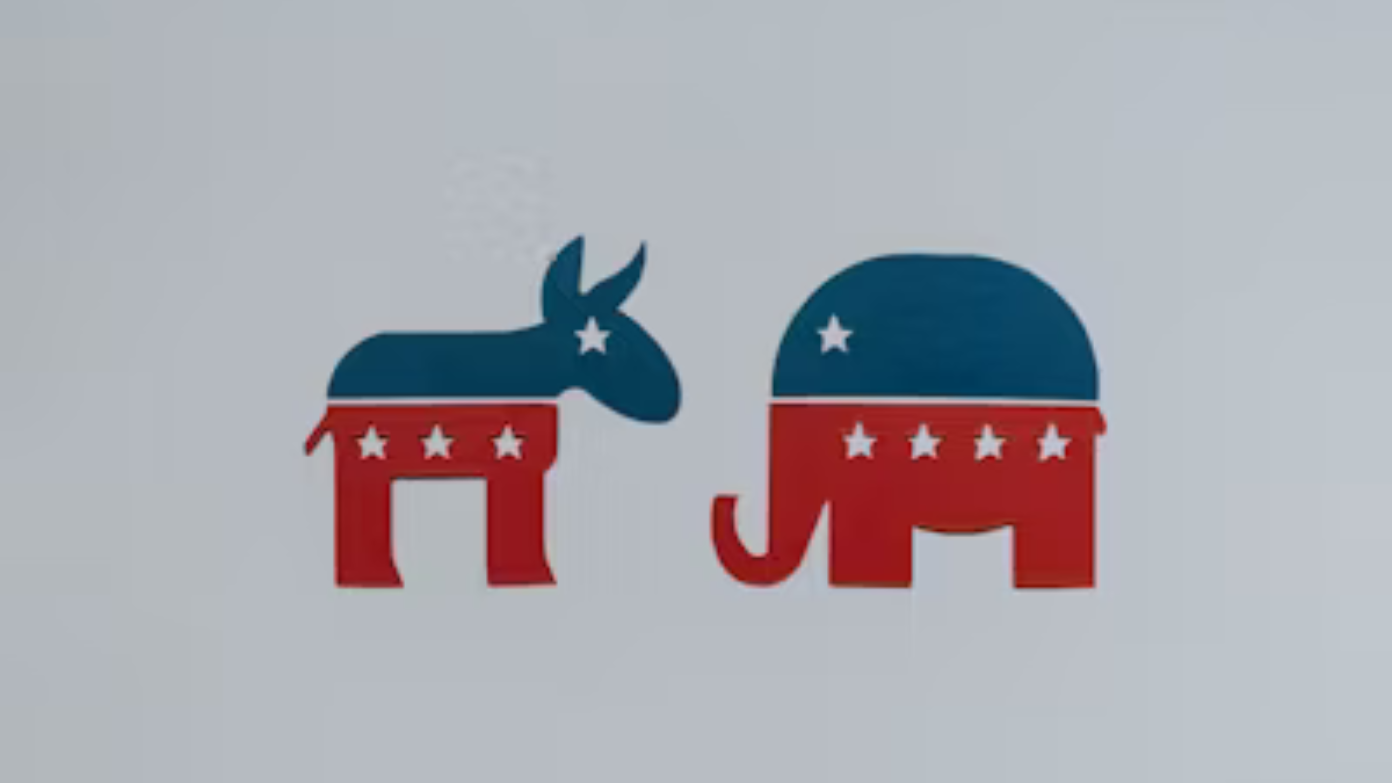With September 30 approaching very fast, the Democrats are placing bets that health care would draw them less voter wrath if indeed the government were shut down. The Party leadership believes it could put the squeeze on the Republicans by framing the drama surrounding thousands of Americans’ protection of health coverage.
The health care perks for House Democrats
Democratic strategists cite two critical health care issues at stake here with expiration of enhanced ACA subsidies and severe cutbacks to Medicaid passed in July. They raise a good point in that some states are looking at an average increase in ACA premiums of over 20 percent and that many feel that loss of subsidies might throw many more Americans off the insurance rolls. At the same time, the “One Big Beautiful Bill” act signed by Trump did cut out almost $930 billion from Medicaid, tipping rural hospitals into near closure and potentially layoffs of job providers as detailed here, Another government shutdown? Fears grow as Democrats dig in.
A word of warning from Senator Patty Murray (D-Wash.), senior member of the Health, Education, Labor, and Pensions Committee, states that communities in which hospitals across America are discharging employees are already seeing one. “Good morning, it’s a great day for Republicans to choose to fund the government AND fix the health care crisis they themselves created. No one wants a shutdown but Donald Trump. Democrats are fighting to lower health care costs and keep hospitals from closing,” according to the senator, which reflects the belief of Democrats that personal health care issues motivate voter behavior.
Millions of Americans stand to lose
Under the richly drawn Republican stopgap proposal being considered in the House, ACA tax credits would not survive past the end of the fiscal year, and slashed Medicaid spending would see about eight million marketplace enrollees thrust onto the uninsured rolls, with rural areas especially vulnerable. Meanwhile, the Democrat alternative for a continuing resolution would extend ACA subsidies through 2035 at an estimated cost of $350 billion and restore nearly $1 trillion in cuts to Medicaid funding.
In Jeffries’ (D-N.Y.) opinion, an extension of these subsidies is critical for millions’ ability to buy health insurance. He warned that without action, premiums will spike, and families will have to choose between food and medicine, adding that he could not support any clean continuing resolution unless it includes health care provision.
Political calculations and polling
Democratic leaders refer to the results of the Pew Research poll, which show only 32 percent approval for the “Big Beautiful Bill,” which contains cuts to Medicaid and tax reform that Republicans have been advocating since the summer. Representative Richard Neal (D-Mass.) says the key is to change the narrative by using the cuts as leverage: “Our goal is to force Republicans to defend policies that are polling at historic lows,” he said.
Senate Democrats led by Chuck Schumer (D-N.Y.) assembled an important meeting with their House counterparts to finalize the strategy. Floor speeches and press conferences are intended to portray any stoppage as a deliberate choice by the Republicans to harm families’ health care rather than a bipartisan lapse of funding.
Republican response
House Speaker Mike Johnson and Senate Majority Leader John Thune assert that Democrats will bear responsibility if funding collapses, reasoning that Democrats usually favor clean resolutions when a funding deadline approaches. Johnson has labeled Democrats’ demands “partisan preferences” unrelated to core government functions, stressing that health care talks should be within the normal budget discussions-not any short-term fix.
Senator Rand Paul (R-Ky.) complicates the GOP path with a declaration of opposition to the Republican stopgap unless it rolls back Biden-era spending levels, adding difficulties in obtaining the 60 votes required in the Senate to avert a shutdown.
Things at risk
If Congress fails to pass any resolution by October 1, non-essential federal employees will be furloughed, national parks will be closed, and federal programs ranging from food inspections to cancer research funding could pause. The analysts warn that a shutdown could erode consumer confidence and hamper growth as the labor market starts to cool.
Democrats argue that in real terms, any short-term pain would be dwarfed by long-term consequences, involving lots of lost health coverage for millions. “A shutdown here is a shutdown on health care,” said a senior Democratic senator, pinching shut the party’s frame of the crisis.
With less than two weeks to the deadline, both parties find themselves in a high-stakes arena. The Democrats are all seeming to be reaching some unity on using health care as leverage to deflect blame and bring the Republicans to the negotiating table, while the GOP leadership is saying that a clean funding bill is the only way to go if Congress wants to keep the government running. The ultimate question then becomes what will weigh more in Congress- threat of the uninsured families or risk of the furloughed workers?
Read more: Why did President Trump slam Newsom’s low-income housing plan for Los Angeles?
Read more: Donald Trump stroke rumors: when could JD Vance take over as President?
Read more: Inflation up in August: what that means for interest rates

